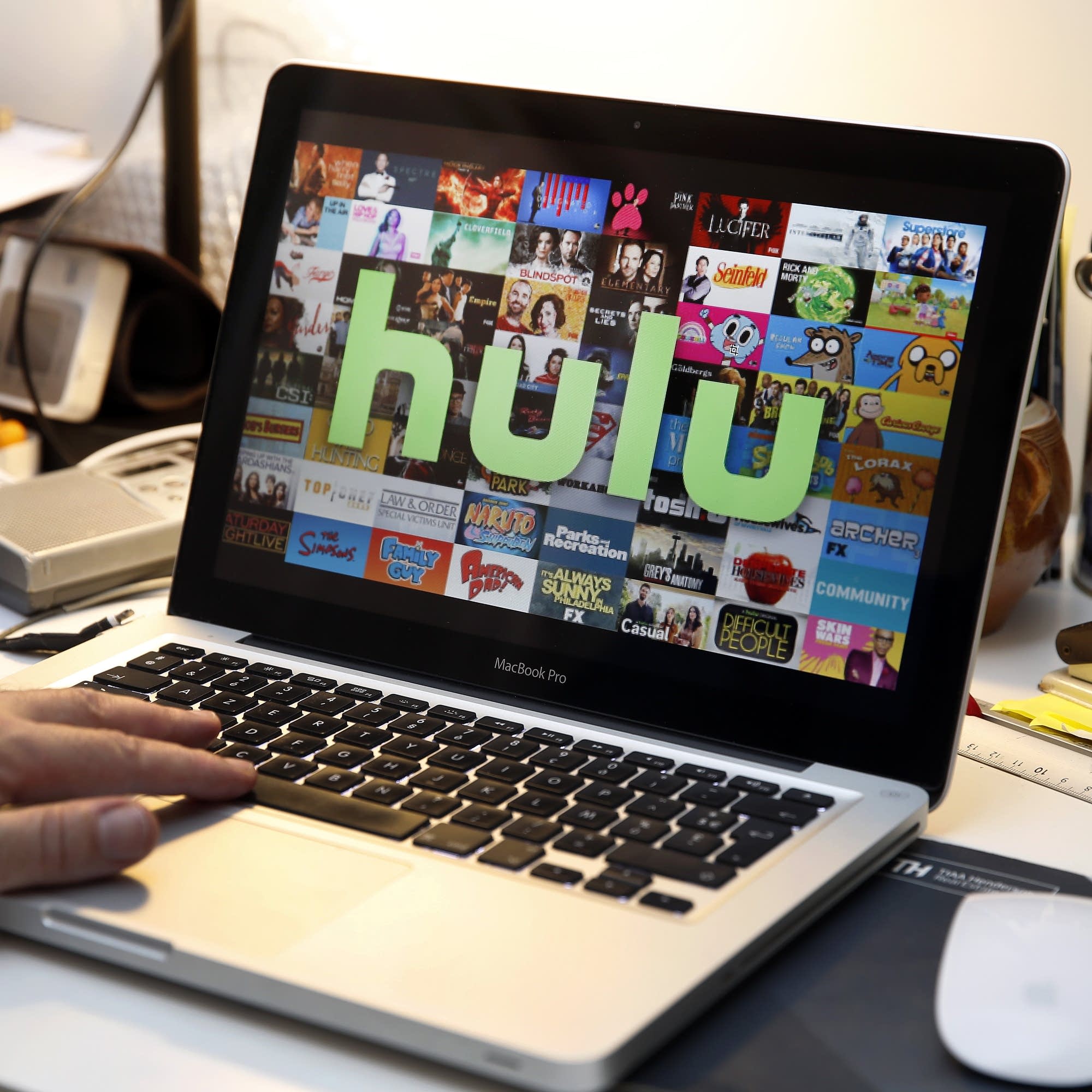What's with the streaming price hikes?
Disney’s streaming platforms — Disney+, Hulu, and ESPN — will see price hikes come October 21. They aren’t alone. As the streaming wars escalate, companies have switched focus to profit over customer volume, while consumers whittle down their subscriptions. Also in this episode: A soybean farmer faces trade war realities, manufacturers pour cash into new equipment, and Warren Littlefield, producer of “Fargo," “The Handmaid’s Tale” and more discusses the TV business with Kai.
Every story has an economic angle. Want some in your inbox? Subscribe to our daily or weekly newsletter.
Marketplace is more than a radio show. Check out our original reporting and financial literacy content at marketplace.org — and consider making an investment in our future.
Press play and read along
Transcript
Transcript is processing—check back soon.





